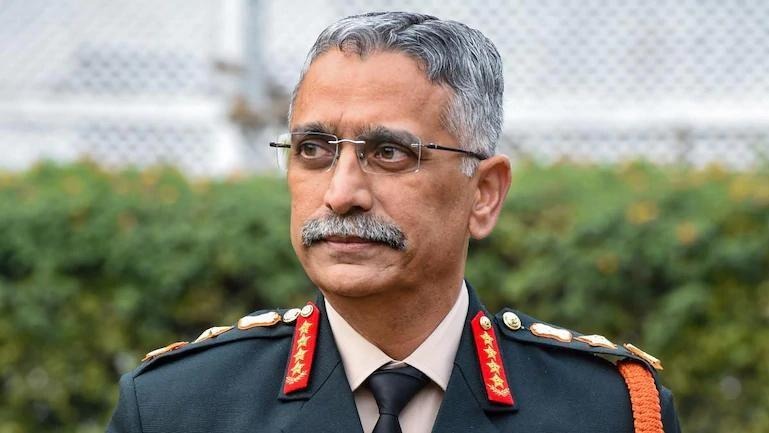Former Army Chief General Manoj Mukund Naravane has called for a calibrated but strong response to the Pahalgam terror attack, stressing that India must act decisively to target the core drivers of terrorism emanating from Pakistan. He cautioned against impulsive reactions while underlining the need to strike Pakistan where it hurts the most — both legally and diplomatically.
“Each response must have a clear purpose with well-defined outcomes, the foremost being to force Pakistan to ‘credibly and irrevocably abjure its support to cross-border terrorism,’” Naravane wrote in ThePrint.
He pointed out that previous military responses — such as the surgical strikes after the 2016 Uri attack and the Balakot air strike following the 2019 Pulwama bombing — had failed to deter Pakistan. The challenge now, he noted, is to dig deeper to address the “core issue and the centre of gravity” within Pakistan’s power structure.
Discussing suggestions like a naval blockade of Karachi, Naravane urged caution. “Easier said than done. While we may have the capability, how will such a blockade be enforced? Foreign-flagged ships cannot be forced to stop or divert. Announcing a measure and then not being able to enforce it will only result in a major loss of face.” He stressed that all options must be carefully wargamed, with clear rules of engagement, end-states, and exit strategies.
“Strong retaliatory measures are very much needed but must come with a fair assurance of success. When, where, and by what means is for us to decide.”
The former army chief argued that India must strike Pakistan’s pain points to effect real behavioural change within the Pakistani establishment. “What are the pain points that need to be struck to bring about the desired behavioural change? And who is the power behind the throne? These decisions are being taken by a small coterie within the Pakistani establishment, and that is where we should concentrate all our efforts.”
Citing former Pentagon official Michael Rubin’s comparison of Pakistan Army Chief Asim Munir to Osama Bin Laden, Naravane endorsed international measures such as designating and sanctioning those responsible for fostering terrorism. “The kith and kin of those supporting terrorism should then be forcibly deported if they are studying abroad. We have to hit where it hurts.”
He also advocated issuing international arrest warrants against known officials, noting, “The issuance of international arrest warrants against known officials will have a salutary effect, as in the case of former Philippine President Rodrigo Duterte who was arrested in March 2025, under an International Criminal Court (ICC) mandated warrant.”
In an earlier article this week, Naravane had called for India to prepare for a multi-domain retaliatory response. “What will our response be? And there should be no doubt that there will be one. However, in the aftermath of the attack, Pakistan will be on guard, knowing that it is now in the cross hairs. Let them be on tenterhooks for a while till they start jumping at shadows.”
He added, “Meanwhile, we must build up global support through political, diplomatic and military channels of communication, for our retaliatory measures for when (not if) it happens, which could be in multiple domains, both kinetic and non-kinetic. It is time for India to bare its fangs and not fall prey to calls for restraint, or third-party assurances. India can always borrow from the US or Israeli playbook and draw support from international law which allows for such responses.”
Naravane concluded with a word of caution: “At the same time, we as a people must not lose our equilibrium, lest we become unwitting pawns in this terror-game. We must also allow the government time and space to formulate appropriate responses.”








